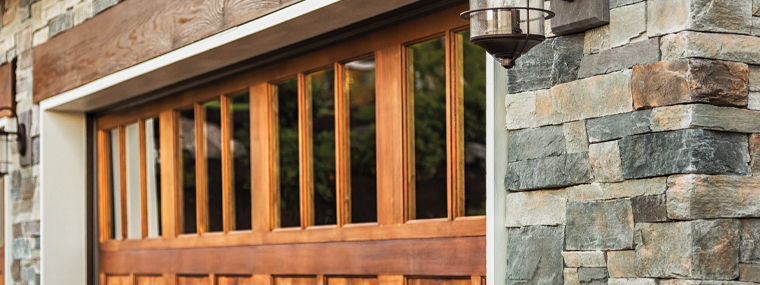
Material Alterations, Amendments, and Paying Taxes
By Ryan D. Poliakoff / Published March 2017
Q
uestion:
We have carriage lights on our garages that are what I would describe as early American style. Now, our president wants to get new lights that are ultra-modern black cans. Would this be a material alteration? The homeowners association is responsible for maintaining the exterior of the home. Does that mean we have no say in the matter? The lights are old and should be replaced, but shouldn’t we do something very similar, or the same?
Answer:
The seminal case on material alterations, Sterling Village Condominium Inc. v. Breitenbach, held that, as applied to buildings, a “material alteration or addition” means to “palpably or perceptively vary or change the form, shape, elements, or specifications of a building from its original design or plan, or existing condition, in such a manner as to appreciably affect or influence its function, use, or appearance.” By that definition, a wholesale change in the appearance of the carriage lighting in the community would likely be a material alteration.
However, material alterations are not, per se, prohibited. The Condominium Act, Chapter 718, Fla. Stat., contains express language requiring material alterations to be approved by the membership, but there is no such language in the HOA Act (Chapter 720). So, in an HOA, the only restriction on making a material alteration would be if such a restriction is found in your governing documents. I do find material alteration restrictions in HOA covenants from time to time, but if one does not exist, and if there is no other restriction in your covenants regarding the lighting, the change you described would not be prohibited (even though it is likely material).
Question:
The board of directors attached a letter to a proposed amendment change, along with the proposed amendment and the proxy voting form. In the letter, the board made a factual statement that was completely false. The board stated that a government agency recommended a change that was in the amendment. When I asked where this statement appears in the government agency documents, the reply was that it was on their website. That answer was a total fabrication. I checked the website, and there is no such statement. I then called the agency and was told that the agency has not made the purported recommendation. In my opinion, this was a deliberate attempt by the board president to coerce a yes vote from the association members in order to pass the amendment. The amendment did pass. Was this legal? Did the board’s letter affect the legality of the amendment, and is there any legal recourse? If this isn’t legal, what recourse do we have?
Answer:
There is no provision of law that would invalidate a membership vote because the supporters of one side of the vote, even if those supporters are the board, misrepresented facts in order to manipulate people into voting in a particular manner. This is very common during elections, for example—candidates have the right to submit an information sheet, and the association has no responsibility for the contents of that sheet or the facts it relays. As a voter and member of the association, you certainly had a right to campaign among your neighbors and to point out the false statement. You could have sent a letter to your neighbors, or even gone door to door.
It is possible that this is just a difference in interpretation, rather than a blatant falsehood. Sometimes government statements are nuanced, and if you ask the agency directly, their advice may be different than similar advice that they have simply worded differently. Or, it could be, as you suggest, that the board felt the amendment was so important that they made a conscious decision to lie. Either way, the vote itself would not be affected. You did your own research regarding the proposed amendment, and other owners had the right to do the same.
Question:
Can a Florida HOA qualify as exempt from paying federal income tax and Florida sales tax?
Answer:
While most HOAs are “not for profit” corporations, they are not tax exempt. Organizations that are tax exempt, while also not for profit, must be organized for specific purposes, such as charity or religion. Homeowners associations can choose to be taxed several different ways, and while those filings may affect the amount of tax paid (and on what categories of income), they would not typically be tax-exempt.
Ryan D. Poliakoff
Partner of Backer Aboud Poliakoff & Foelster
Ryan D. Poliakoff is a Partner of Backer Aboud Poliakoff & Foelster and serves as general counsel to condominiums, homeowners associations, and country clubs throughout South Florida. He is the co-author of New Neighborhoods—The Consumer’s Guide to Condominium, Co-Op, and HOA Living. In addition to representing associations, he is a frequent contributor at seminars and workshops for attorneys and board members, and he has written hundreds of articles for magazines and newspapers throughout the United States. He can be reached at rpoliakoff@bapflaw.com. For more information about his firm, visit www.bapflaw.com.



